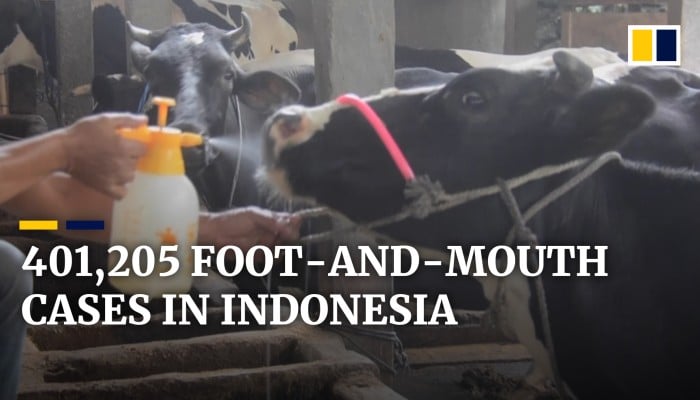Quarantine Measures Implemented in Kisumu County Due to Foot and Mouth Disease Outbreak
A strict quarantine has been enforced in Kisumu County following a confirmed outbreak of foot and mouth disease. The measure aims to prevent the spread of the highly contagious viral infection among livestock, which poses significant risks to both animal health and the agricultural economy.
All animals classified under the regulation—including cattle, sheep, goats, pigs, and donkeys—must remain within the county boundaries. Furthermore, no such livestock or their products will be permitted to enter or leave the area without proper authorization. This directive is part of a broader effort to contain the disease and protect the local farming community.
Key Regulations and Requirements
Dr. Treza Opiyo, the County Officer in charge of Veterinary Services, emphasized that any movement of livestock from the affected zones must be approved by veterinary officers. The notice clearly states that animals can only be moved after they have been properly disinfected as instructed by the veterinary officer or inspector in charge. Additionally, all stock within the affected area must be kept away from public roads to minimize the risk of transmission.
The regulations also extend to individuals who may wish to leave the affected zone. They are required to follow all precautionary measures outlined by the veterinary authorities to avoid contributing to the spread of the disease. These steps are crucial in maintaining control over the outbreak and ensuring the safety of both animals and humans.
Disposal of Animal Carcasses
In another critical directive, Dr. Opiyo ordered that any animal carcasses resulting from the disease must be disposed of safely. The options include burial at a depth of at least four feet below the surface or incineration. Owners are responsible for covering the costs associated with these disposal methods. Proper handling of dead animals is essential to prevent further contamination and reduce the likelihood of the virus spreading to other areas.
Legal Framework and Compliance
The quarantine order was issued under a specific act that mandates administrative officers to notify all relevant stakeholders upon receiving reports of an outbreak. This includes farm owners and livestock keepers in the surrounding regions. The goal is to ensure that everyone affected is aware of the situation and understands the necessary actions to take.
Failure to comply with the orders issued by veterinary officers or inspectors could result in legal consequences. Any individual who disregards these regulations or allows activities that violate them may face penalties as prescribed by law. This enforcement underscores the seriousness of the situation and the need for collective responsibility in managing the outbreak.
Implications for Local Livestock Industry
The outbreak of foot and mouth disease has raised concerns among farmers and agricultural businesses in the region. The restrictions on movement and trade could impact the local economy, particularly for those reliant on livestock sales. However, the measures are seen as necessary to prevent a larger crisis that could affect not only Kisumu but also neighboring areas.
Authorities are working closely with farmers and veterinarians to monitor the situation and provide guidance on best practices for disease prevention. Regular inspections and communication channels are being maintained to ensure transparency and cooperation between all parties involved.
As the situation develops, it remains crucial for the community to adhere to the guidelines set forth by the veterinary services. The success of the containment efforts depends on the collective commitment of all stakeholders to follow the protocols and support the broader goal of protecting animal health and food security.







